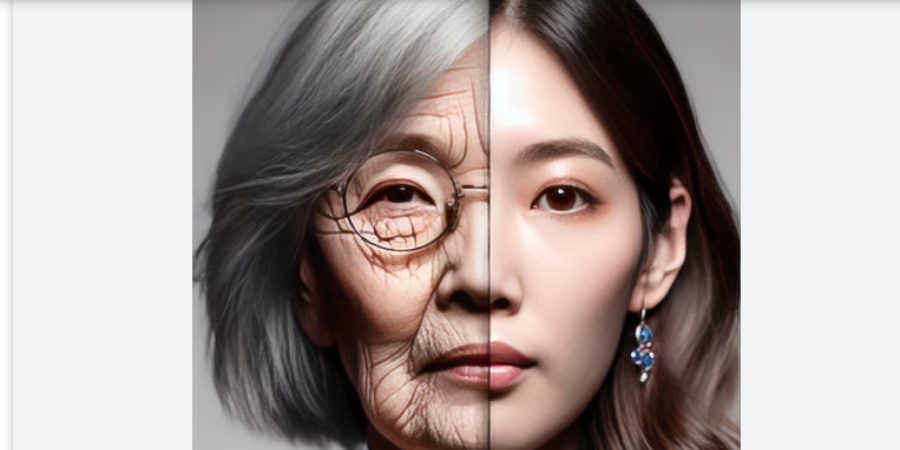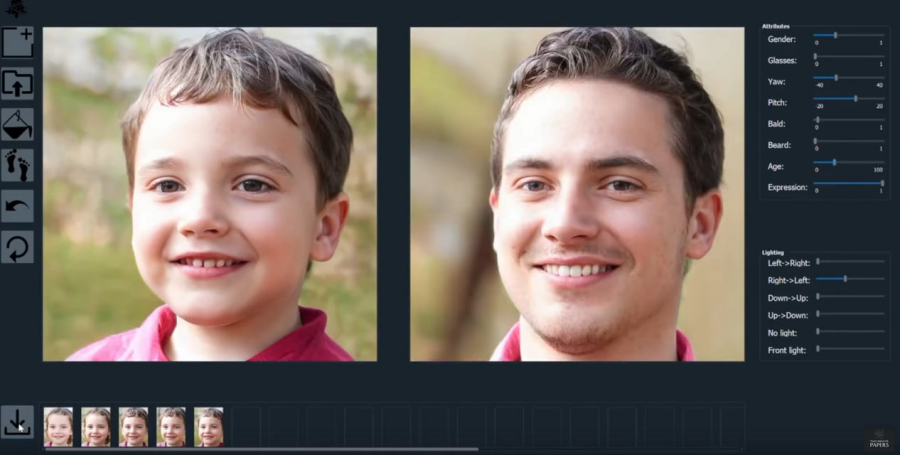

AI face aging is the application of artificial intelligence and machine learning techniques to model how a person's face will change over time. This technology may be utilized for a variety of purposes, including entertainment, media, medical research, and personal usage. Here's an introduction of how AI Face Aging works and its possible applications:
How Does AI Face Aging Work?
1. Data Collection: AI models are developed using massive datasets of facial pictures from various ages. These datasets comprise a variety of face traits and emotions, capturing a wide spectrum of aging effects.
2. Model Training: Deep learning algorithms, such as Generative Adversarial Networks (GANs), are utilized to identify aging-related patterns and characteristics. These models may produce accurate pictures of how a face may Consider different ages.
3. Feature Analysis: The AI examines face characteristics including wrinkles, skin texture, and changes in bone structure. It then adds these characteristics to the input picture to mimic aging.
4. picture Synthesis: The trained model creates a new picture that depicts the older version of the original face, frequently by adding wrinkles, modifying skin texture, and adjusting facial proportions.
### Applications of AI Face Aging

1. Entertainment and Media: In cinema and television, AI may be utilized to age characters accurately or to de-age performers for certain sequences. It may also be applied to video games and virtual reality to generate dynamic characters.
2. Personal Use: Many applications and technologies allow users to visualize how they could appear in the future. This can.
be used for amusement or to assist people understand how aging affects their look.
3. Medical and study: AI facial aging can help with medical study into aging and skin disorders. It may also be utilized in dermatology to investigate aging effects and the efficacy of different therapies.
4. Forensics and Security: In forensic science, AI may be used to age-progress photographs of missing people in order to help identify them as they get older. This approach can also be useful in security situations where aging simulations are crucial.
5. Cosmetic Industry: Cosmetic businesses may employ AI face aging to show potential clients how their goods influence skin aging over time, as well as to showcase the effects of various cosmetic treatments.
Be ethical Privacy considerations.-
Consent and Privacy: Using AI to mimic aging necessitates careful consideration of consent and privacy, particularly when real-life photographs are utilized. Personal data must be secured and utilized appropriately.
- Realism vs. Accuracy: While AI can provide realistic aging simulations, keep in mind that they are only approximations and may not completely reflect the complexities of genuine aging processes.
AI face aging is a powerful tool with many uses, but it must be used responsibly to meet ethical and privacy concerns.


